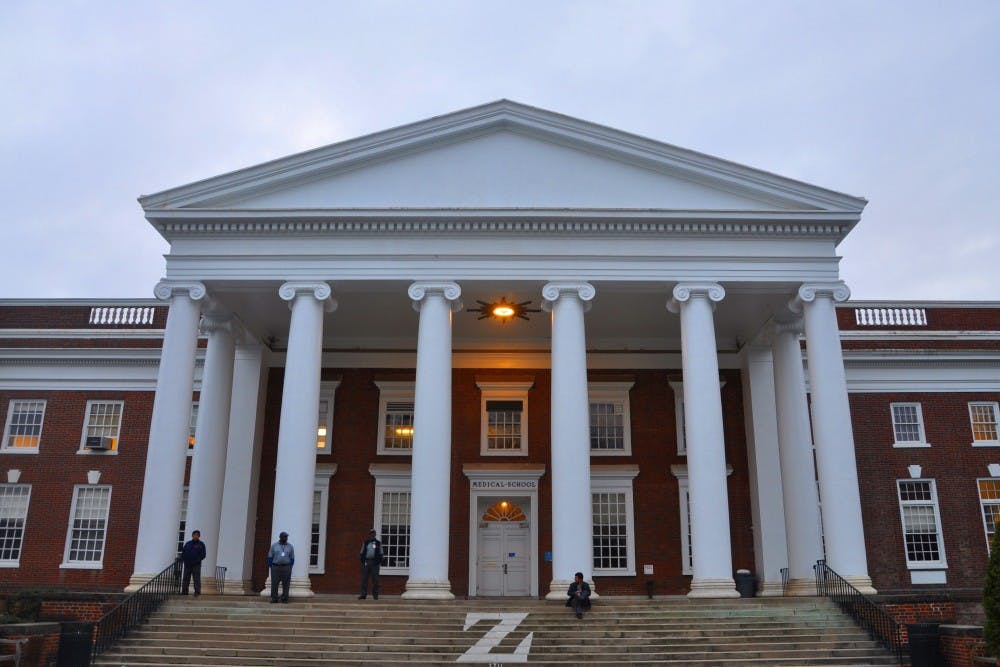The School of Medicine has received the 2017 Health Professions Higher Education Excellence in Diversity Award from INSIGHT Into Diversity Magazine. Through a process of self-nomination, the School of Medicine demonstrated to the magazine its many efforts to support and promote diversity on a daily basis.
Gregory Townsend, associate dean for diversity and medical education, described in an interview the various programs that the Medical School engages in to increase overall diversity. One such program is the Summer Medical Leadership Program, a six-week summer program for undergraduate students interested in careers in medicine.
The program provides education in “not just medicine and biomedical sciences, but … [also provides] training in leadership skills and business and academia,” said Townsend.
The Medical School has also implemented partnerships with local schools — by providing opportunities for elementary and middle school students to visit the Medical and Nursing schools, and observe simulations of healthcare procedures such as labor, delivery, emergency and radiology operations. They also sponsor project-based, healthcare competitions at the high school level.
With regard to the gender diversity, the School of Medicine has supported a Committee on Women, which promotes success of women in academic medicine, by organizing symposiums related to women’s advancement in medicine and by offering programs such as speed mentoring sessions to its female medical students.
Townsend believes that the success of these programs have had a much broader impact on the school, beyond their respective target demographics.
“One of the things that's really been a tremendous success here ... is that we have greatly diversified the medical student class,” Townsend said. “The current classes are between 20 and 25 percent either African-American or Latino, and about 50-50 male-female ... We have become one of the most diverse medical schools in the country.”
Another major diversity effort sponsored by the School of Medicine is the Latino Health Initiative, which provides three major programs to the local Latino community: the Cardiovascular Initiative, La Clínica Latina and the Compañeros Training and Empowerment Program. These programs have seen much success in recent years. For the past two years, the Cardiovascular Initiative has offered bi-weekly sessions to provide screenings for high blood pressure and diabetes, education on lifestyle changes and referrals for further treatment.
“This program has already 300 community members that visit us and more than 700 visits,” said Max Luna, an associate professor of medicine who works with the Latino Health Initiative.
Both Luna and Townsend described these diversity efforts as an integral part of the School of Medicine and the surrounding community, and expressed an intent to expand upon these efforts in the future. There are already several steps being taken to add another layer of diversity training within the Medical School’s practice, in the form of more unconscious bias training and monthly conversations on diversity and privilege.
“With [these] education efforts, we think that we can enhance the diversity of applications for students and faculty,” Luna said. “We think that future students that visit U.Va. can see that the institution has [a] commitment to people like them … We think that we can attract people of diverse origin … to apply and stay and become part of our family.”







